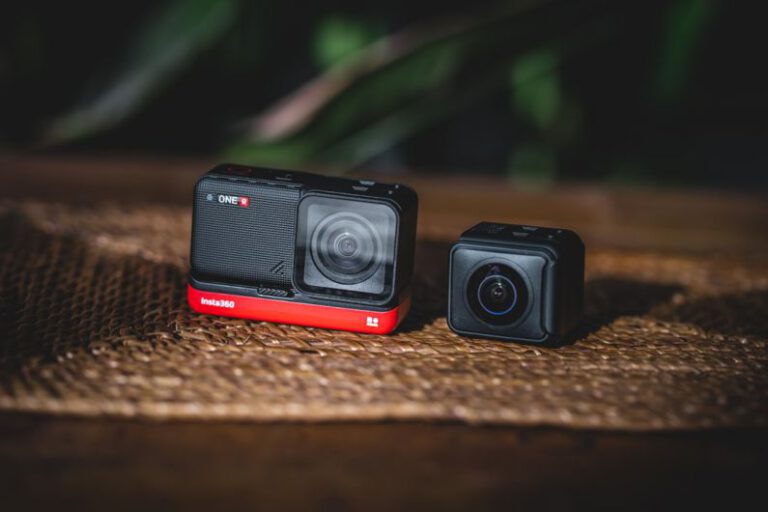In the ever-evolving world of fitness technology, staying updated on the latest trends can be overwhelming. With an array of fitness trackers flooding the market, consumers are often left wondering which one suits their needs best. Fitbit, a household name in the fitness tracker industry, faces stiff competition from newer players in the market. In this article, we will delve into how the new fitness trackers compare to Fitbit, analyzing their features, design, and overall performance to help you make an informed decision.
Fitbit: The Pioneer in Fitness Tracking
Fitbit has been a pioneer in the fitness tracking industry, known for its accuracy and user-friendly interface. With a wide range of models catering to different needs, Fitbit has established a loyal customer base over the years. From step counting to heart rate monitoring, Fitbit devices offer a comprehensive set of features to track your fitness goals.
The New Contenders: Features and Functionality
As the market for fitness trackers expands, several new players have emerged, each offering unique features and functionalities. Companies like Garmin, Apple, and Samsung have introduced fitness trackers that not only track your physical activity but also offer additional features such as GPS tracking, sleep monitoring, and even ECG capabilities.
Garmin, known for its GPS technology, has incorporated this feature into its fitness trackers, making them ideal for outdoor activities like running and cycling. Apple’s smartwatch doubles as a fitness tracker, offering a seamless integration with its ecosystem of apps and services. Samsung, on the other hand, has focused on design, offering sleek and stylish fitness trackers that appeal to fashion-conscious consumers.
Design and Comfort: Aesthetics Matter
While functionality is crucial when choosing a fitness tracker, design and comfort play a significant role as well. Fitbit devices are known for their minimalist design and lightweight build, making them comfortable to wear throughout the day. The newer fitness trackers have upped the ante in terms of design, with sleeker profiles and customizable straps to suit various styles.
Garmin’s fitness trackers are designed with durability in mind, featuring rugged exteriors that can withstand the elements. Apple’s smartwatches, known for their premium build quality, offer a range of straps and finishes to cater to different tastes. Samsung’s fitness trackers stand out for their vibrant displays and interchangeable bands, allowing users to personalize their devices to reflect their personality.
Performance and Accuracy: Tracking Your Progress
When it comes to fitness tracking, accuracy is key. Fitbit has built a reputation for its precise tracking capabilities, providing users with real-time data on their physical activity and health metrics. The newer fitness trackers have raised the bar in terms of accuracy, with advanced sensors and algorithms that deliver more detailed insights into your fitness progress.
Garmin’s fitness trackers excel in tracking outdoor activities like running and cycling, thanks to their GPS capabilities. Apple’s smartwatches offer a seamless integration with its health app, providing users with a holistic view of their fitness data. Samsung’s fitness trackers are equipped with advanced sensors that monitor your heart rate, sleep patterns, and stress levels, giving you a comprehensive overview of your health and wellness.
Making the Right Choice: Which Fitness Tracker is Right for You?
Choosing the right fitness tracker ultimately comes down to your personal preferences and fitness goals. Fitbit remains a solid choice for users looking for a reliable and user-friendly fitness tracker with a focus on health and wellness. If you are an outdoor enthusiast, Garmin’s fitness trackers offer advanced features for tracking your activities with precision. Apple’s smartwatches are perfect for users looking for a multifunctional device that seamlessly integrates with their other Apple products. And if design is a priority for you, Samsung’s fitness trackers combine style and functionality in a sleek package.
In conclusion, the new fitness trackers offer a wide range of features and functionalities that cater to different needs and preferences. While Fitbit continues to be a popular choice among consumers, the newer players in the market provide stiff competition with their advanced capabilities and stylish designs. Whether you prioritize accuracy, design, or specific features, there is a fitness tracker out there that will help you achieve your fitness goals.






